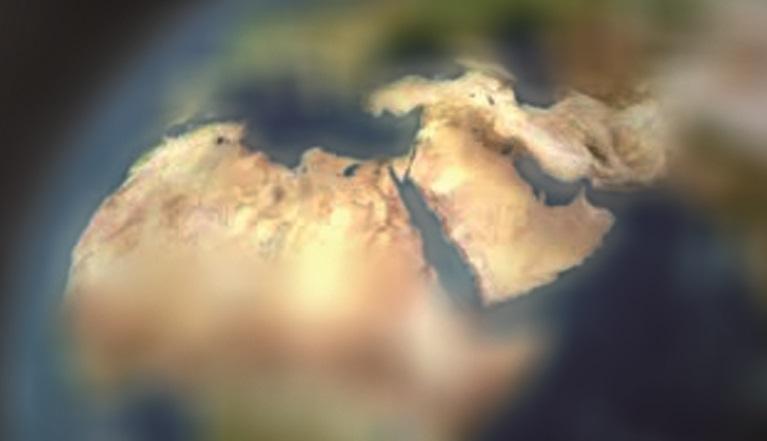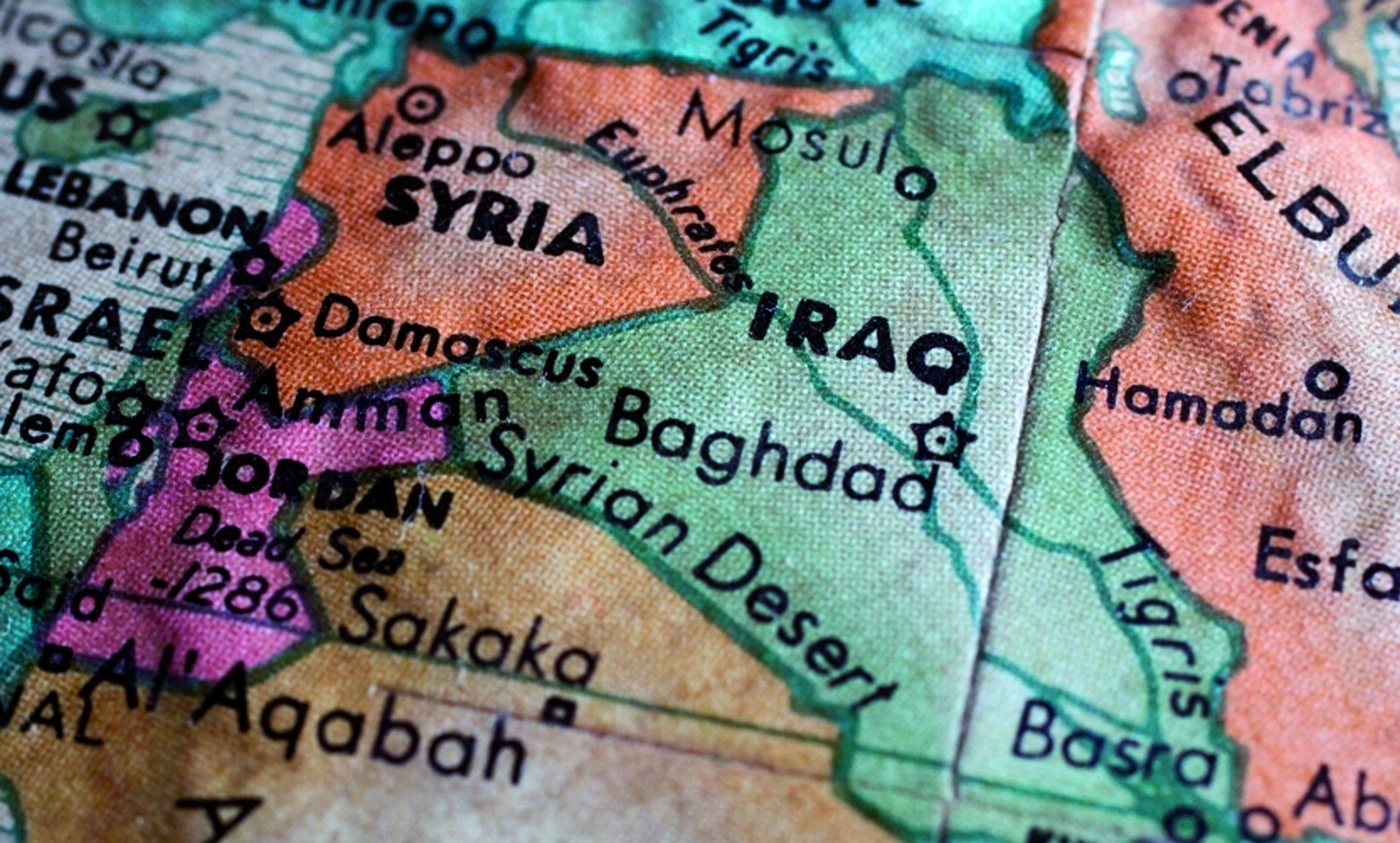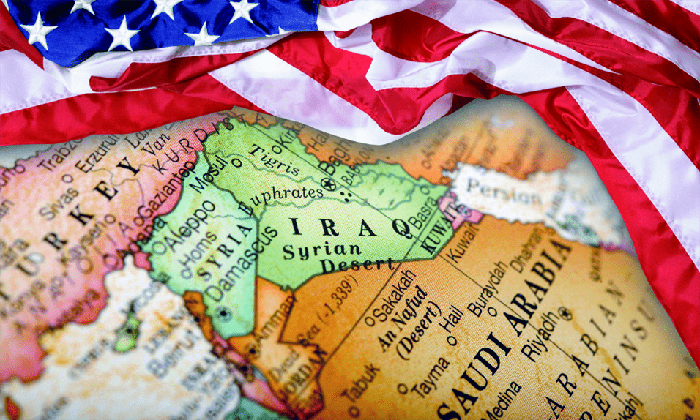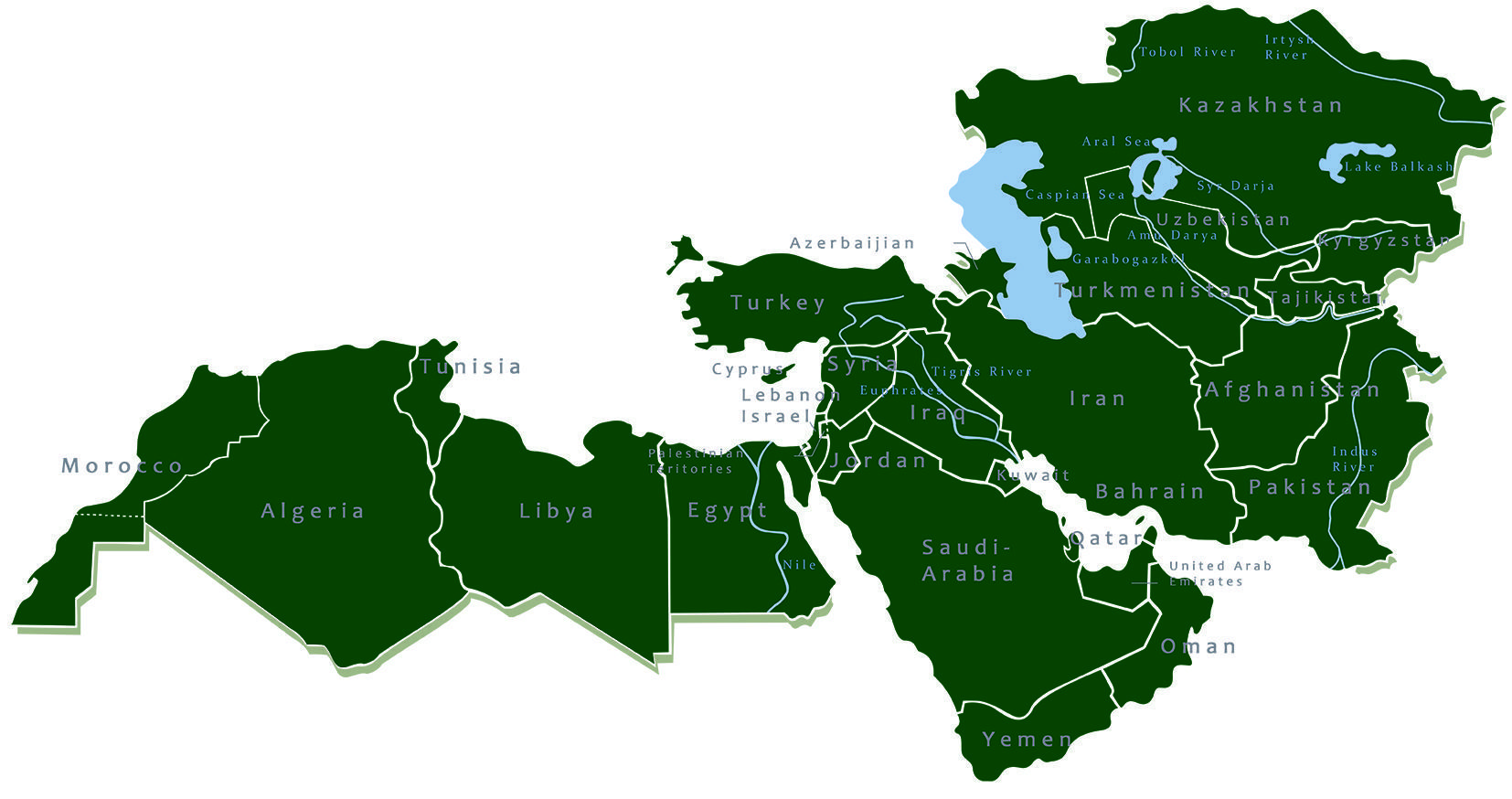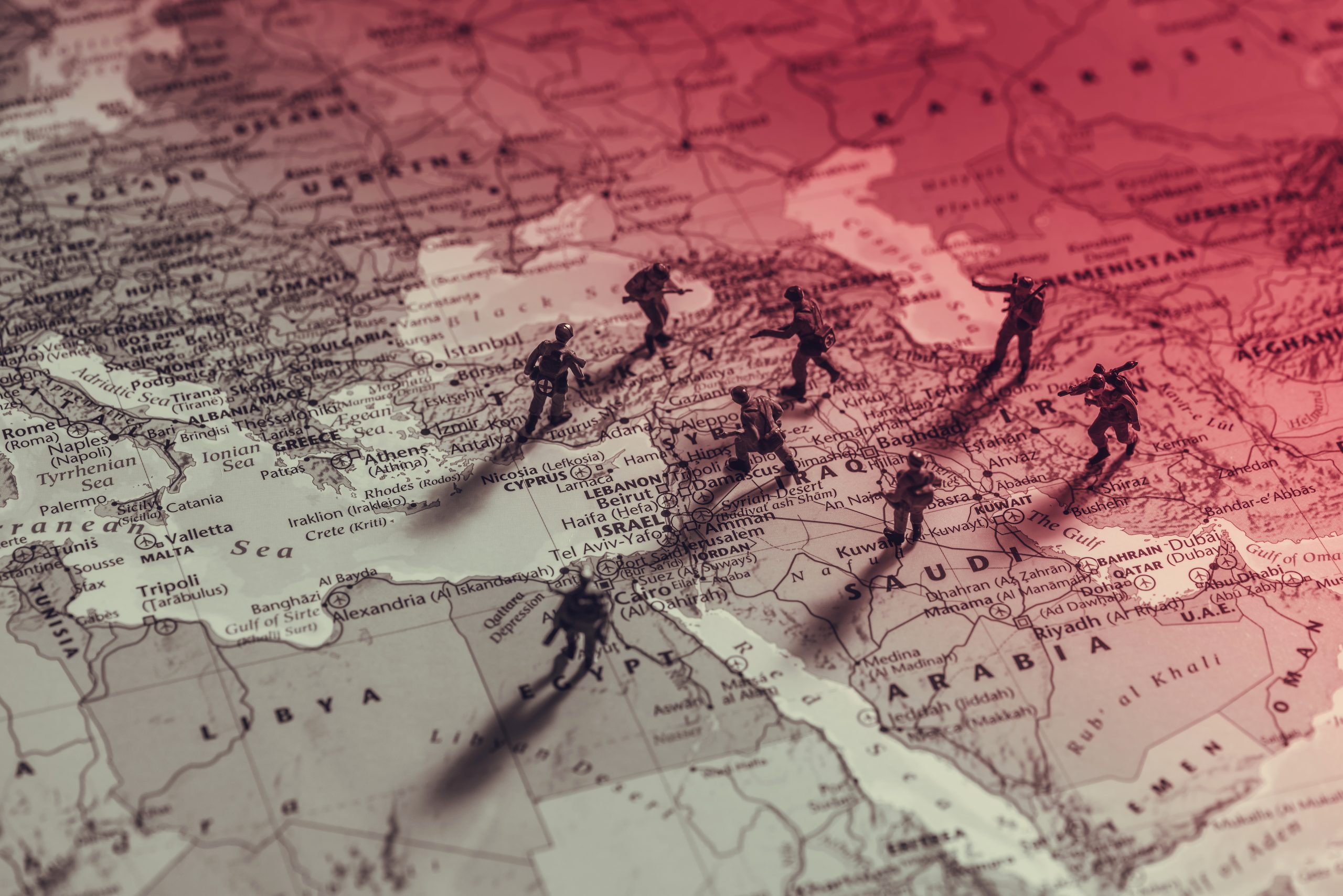ORIENT II 2015: Political developments in Morocco, Algeria and Tunisia
Purchase the full Issue here:
26,00 € incl. VAT plus Shipping CostsSelect options This product has multiple variants. The options may be chosen on the product page
Access Issue with Subscription:
Editorial
Dear ORIENT readers,
The changes caused by the Arabellion (‘ArabSpring’) have had differing impacts on the North African countries of Morocco,Algeria and Tunisia. It was Tunisia that sparked the ‘Arab Spring’ and achieved revolutionary change with the ouster of longstanding autocratic President BenAli. Having gone through various phases of unrest, rule by the Islamic Al Nahda party as well as a lengthy and not always peaceful process of forming a new constitution and holding democratic elections, the country now seems to be heading for a future of pragmatic and democratically achieved rule, with a new secular party and president. Algeria, in contrast, has seen very little meaningful change, rather the persistence of authoritarianism with the re-election of President Bouteflika. The Kingdom of Morocco also has seen protests but no systemic political change. King Mohammed VI has initiated constitutional changes and showed some understanding for the demands of protesters. Early elections were held and a new government was formed under a prime minister from the moderately Islamic ‘Parti de la Justice et du Développement’. Despite social unrest, the monarchy seems to be more stable than in the autocratic regimes. How can we assess these developments? what does the future hold for these Arab countries of the Maghreb?
This issue of Orient seeks to address these questions in greater detail. Dr. Frédéric Volpi analyses the developments so far and the trajectories of Morocco, Algeria and Tunisia. Adding to that, Prof. Dr. Francesco Cavatorta and Marie-Eve Desrosiers turn the focus onto the state-society relations in the three countries. Subsequently, Alexander Martin takes a closer look at civil society groups in Tunisia before Prof. Dr. Abdeslam Maghraoui elaborates on the state of the Moroccan monarchy. Finally, Michael Bauer provides a view from practical experience and comments on EU’s ambiguous stance on the volatile region.
I hope that the current issue will give you valuable insight into and new perspectives on the current political developments in Morocco, Algeria and Tunisia.
Dr. Gunter Mulack
Director of the German Orient-Institute

